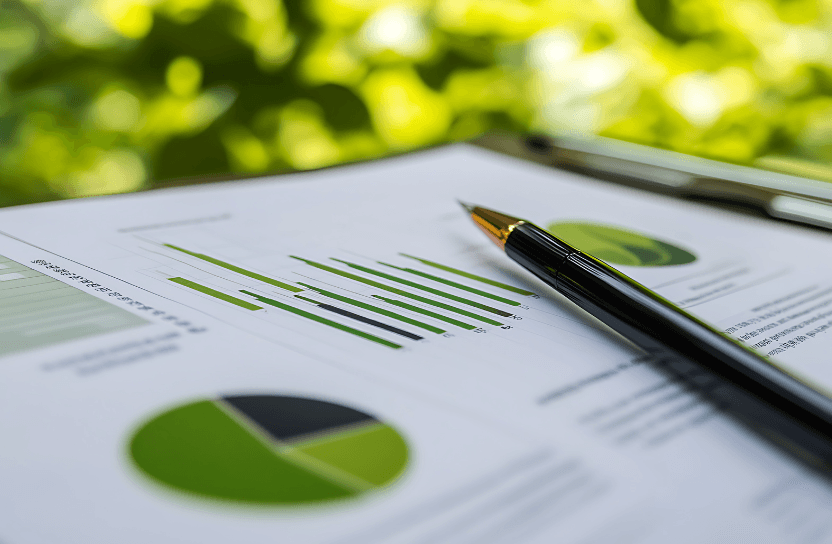VSME – A Smart Pathway into Sustainability Reporting for Small and Medium-Sized Enterprises

Updated at 2025-10-20
It is specifically designed to help smaller companies manage sustainability data more systematically—without getting caught up in the complexity that large corporations face under the CSRD.
As the EU’s Omnibus proposal has adjusted the requirements under the CSRD, the much simpler VSME standard has become an important tool—both for companies looking to meet the expectations of customers and investors, and for those wanting to strengthen their competitiveness in a practical, straightforward way.
Why VSME Matters Right Now
In early 2025, the EU’s Omnibus proposal was introduced, delaying the CSRD reporting requirements for waves 2 and 3 by two years and raising the threshold criteria. This means that many SMEs will not be directly subject to mandatory reporting for now—but the demand for comparable and transparent sustainability information remains.
Large companies, customers, and financial institutions still expect insight into the sustainability performance of their suppliers. Here, the simplified VSME reporting framework offers the perfect solution—a voluntary yet strategically valuable middle ground between the extensive CSRD framework and not reporting at all.
What Is VSME?
VSME is a voluntary sustainability reporting standard developed by EFRAG, the same organization responsible for creating the European Sustainability Reporting Standards (ESRS) under the CSRD. It is designed to help SMEs focus on what is truly material and relevant—without drowning in unnecessary detail.
By using the VSME framework, companies can:
- Demonstrate accountability and transparency
- Work systematically with sustainability topics
- Meet expectations from customers, investors, and other stakeholders
- Collect and use sustainability data in ways that strengthen business performance
This allows smaller companies to build a solid foundation for decision-making and communication—while preparing for future reporting requirements.
The Benefits of VSME Reporting
Even without legal obligations, there are strong reasons for SMEs to adopt the VSME framework and produce a report:
- Meet increasing expectations from large companies and the value chain
- Strengthen trust among investors, customers, and banks
- Gain a clear structure for sustainability management
- Build a foundation for future CSRD reporting
- Make it easier to communicate sustainability data to stakeholders
For many SMEs, this represents the first step toward a more systematic approach to sustainability—on their own terms and at their own pace.
The Structure of the VSME Standard
The VSME framework currently consists of two modules:
- Basic Module – a simple and quick starting point for companies new to sustainability reporting
- Comprehensive Module – a more detailed level for companies with higher ambitions
Like the broader CSRD standards, VSME is based on the principle of Double Materiality Assessment (DMA)—reporting both how the company impacts society and the environment, and how sustainability issues affect the company’s own business.
This ensures that reporting provides a holistic view, helping companies understand the risks, opportunities, and impacts connected to their sustainability work.
Summary
Reporting according to the VSME standard is more than just meeting expectations—it’s a strategic investment in the future. For small and medium-sized enterprises, it offers a smart, simple way to start working systematically with sustainability data, build credibility, and prepare for upcoming regulatory requirements.
Need help getting started with VSME or creating a professional VSME report?
Get in touch – we help small and medium-sized businesses find solutions that fit their goals, ambitions, and resources.